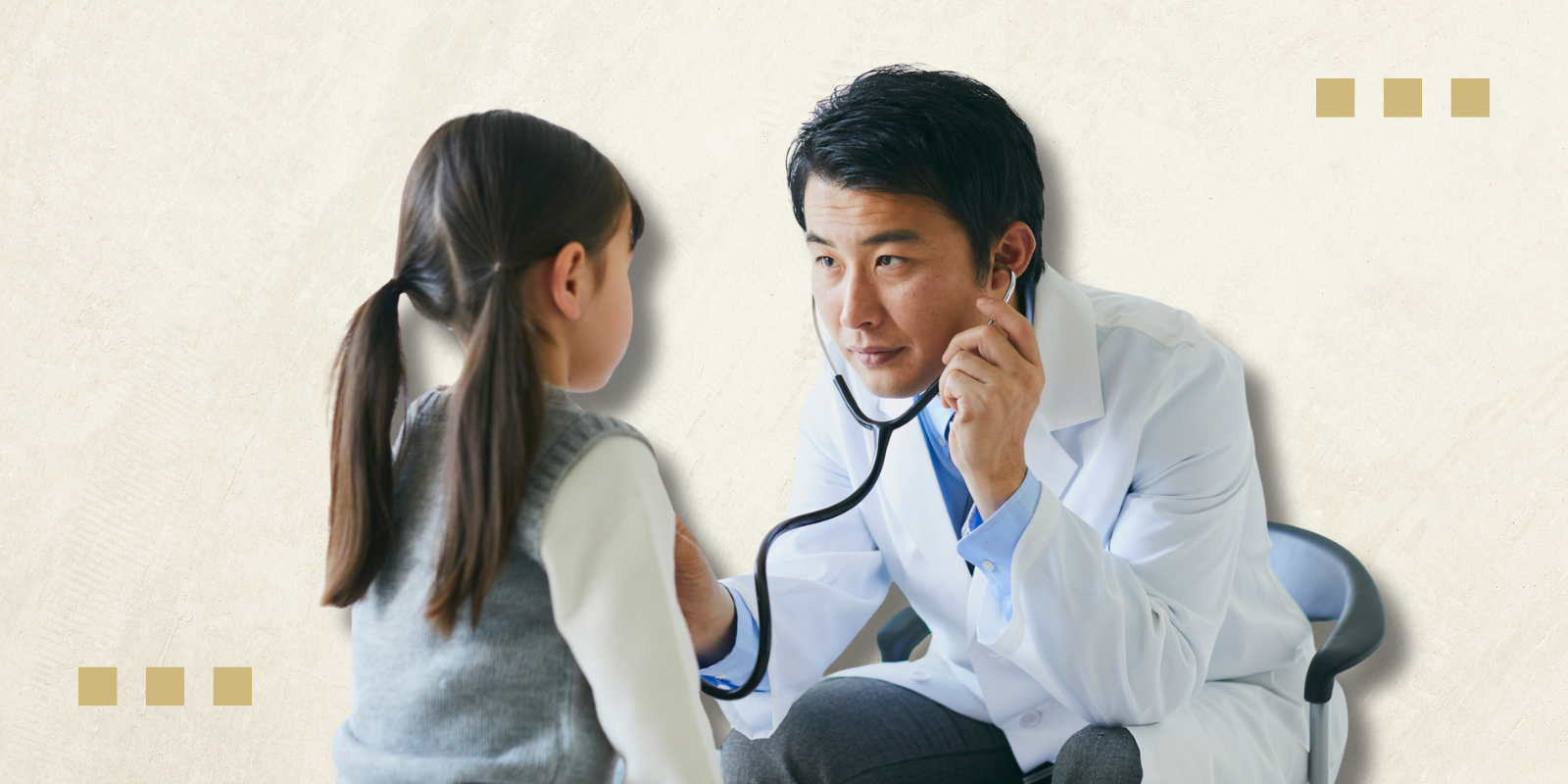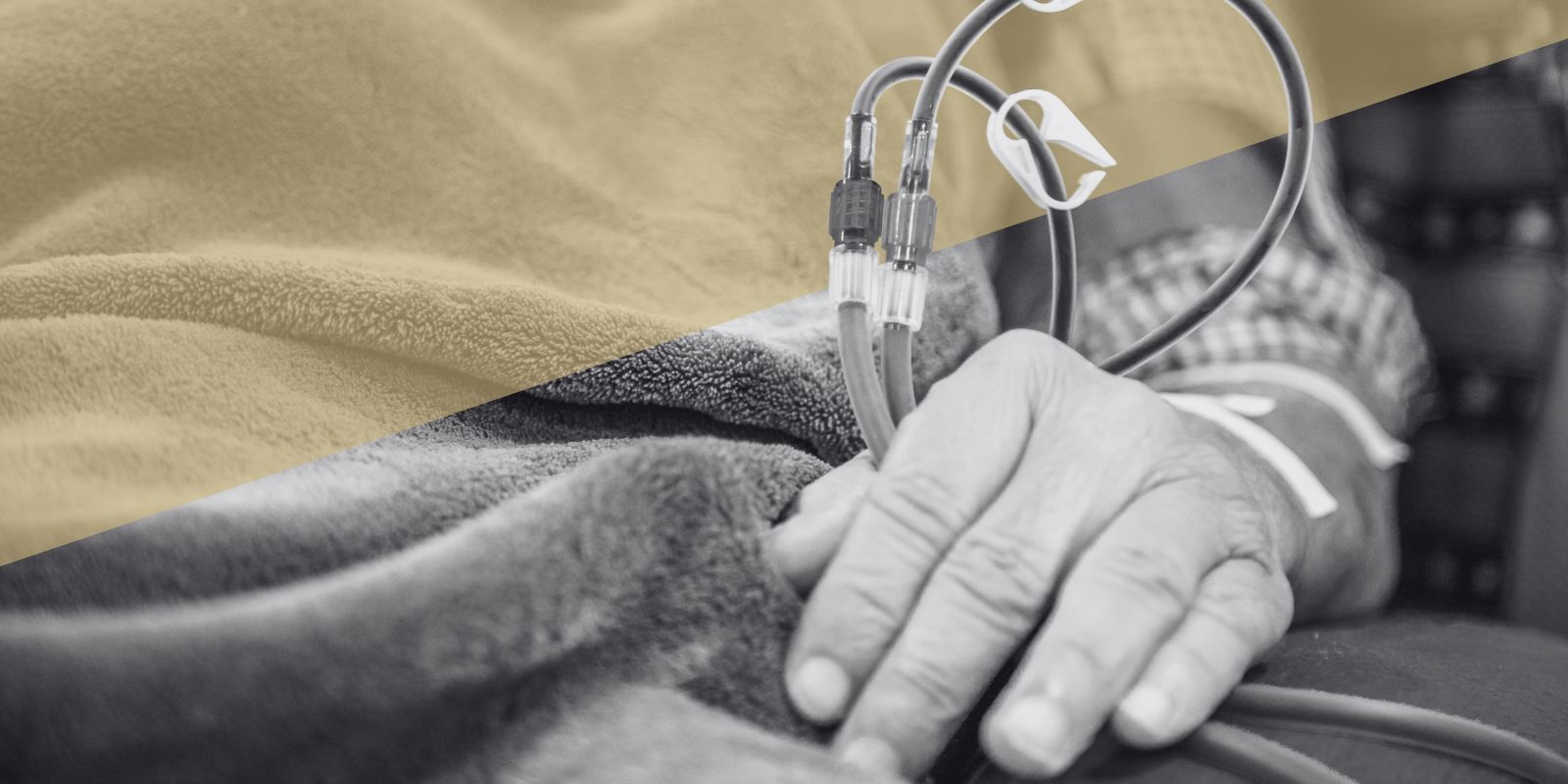Since 2015, uninsured adults living in Aurora, Colorado, have had a reliable place to go for medical care: DAWN (Dedicated to Aurora’s Wellness and Needs, a multidisciplinary, free clinic staffed by students and faculty from the University of Colorado School of Medicine.
Located just two miles from the CU Anschutz Medical Campus, the clinic is open every Tuesday evening for primary care services. Students from the CU School of Medicine, Skaggs School of Pharmacy and Pharmaceutical Sciences, Colorado School of Public Health, CU College of Nursing, and CU Physical Therapy Program unite each week to serve the Aurora community and provide quality health care to a population in need. Students are the first point of contact for the patients, but every patient will also see a licensed professional before the end of their visit.
For Aurora residents, the clinic is a one-stop shop that provides primary care, as well as dermatology, ophthalmology, neurology, rheumatology, nephrology, psychology, and women’s health services, all under one roof. For CU medical students like Danielle Gilbert, DAWN provides an important opportunity to practice patient care, especially for students interested in working with medically underserved populations.
“We really enjoy the experience of working directly with patients. A lot of our student volunteers haven't had as many opportunities to do that,” says Gilbert, a second-year medical student who serves as one of the student directors at DAWN. “And they can do it in a supervised, safe, and supported space, where they can continue to learn. They can ask a lot of questions of their resident and their attending and learn more skills to build on their clinical experiences, while still being able to take care of patients who otherwise would have a very hard time finding care.”
Origins to connect and serve
The DAWN story began in fall 2013, when a group of Aurora community leaders met with students and faculty members from the CU Anschutz Medical Campus to discuss what could be done to support primary care on the campus and in the Aurora community. It soon became clear that there was a large unmet need for primary care in the Aurora community, particularly for people who are uninsured, and the idea of starting an interprofessional, student-run clinic was born. Students, residents, and faculty members took to classrooms, campus meetings, and informal gatherings to welcome all interested into the work. With the support of the Aurora-based Fields Foundation and other community organizations, DAWN opened in March 2015.
Helping to lead the charge were Kari Mader, MD, now an assistant professor of family medicine at the CU School of Medicine, and Joseph Johnson, MD, who was then a resident in internal medicine at the CU School of Medicine. DAWN’s development was informed in part by the time Johnson spent as student director of the student-run free clinic at Drexel University College of Medicine in Philadelphia, where he attended medical school.
“It was called Chinatown Clinic, and it served immigrants largely from Vietnam and Indonesia, supporting their primary care needs,” Johnson says. “That experience really helped me on my career path. I chose to go into general internal medicine based upon the impact I felt like I could have in that role. The clinic development that inspired me in Philadelphia was something that was lacking here in Colorado, but it was desired on a number of levels. So it seemed like a natural fit for me to pilot and spearhead that.”
From early meetings Johnson held on campus, he learned that students had a desire to collaborate and to learn and practice in a cross-disciplinary fashion, as well as a desire to serve the community around the Anschutz campus.
“I think many students recognized that the ZIP codes surrounding Anschutz are largely vulnerable populations with high needs, and at the time, there was not a lot of engagement between those communities and the academic institution,” he says. “There was a desire to be of service and to connect with the community.”
Serving the underserved in medicine and academics
That community near the campus is one of Colorado’s most economically challenged and underserved. Among those who come to DAWN for care are immigrants and others whose employment status or disability status keeps them from being able to enroll for medical insurance.
In addition to students from the CU Anschutz Medical Campus, the clinic welcomes students from the University of Denver Graduate School of Psychology, PIMA Medical Institute, and Creighton/Regis School of Occupational Therapy, as well as undergraduate students looking to gain more medical experience before applying to medical school.
“We have an explicit mission of making our health care workforce look more like the patients that we care for, and that means we are seeking applicants to professional schools who come from minority immigrant backgrounds — in particular, women,” Johnson says. “That diversity pipeline is a very valuable tool for our school of medicine and other health professional schools to be able to identify candidates who otherwise might fly under the radar.”
Seven years and going strong
Now in its seventh year of providing free medical care to Aurora residents, DAWN has created a legacy of loyal patients, former student volunteers who have gone on to careers in community-based medicine, and current volunteers like Gilbert who find their greatest purpose in working with vulnerable populations who have few other options for medical care.
Since DAWN opened, more than 500 student volunteers, 100 licensed clinical providers, and more than 20 community members and patients have volunteered at the clinic.
“I came into medicine knowing that I wanted to work with underserved populations, and this really reaffirmed that this is what I was supposed to do,” Gilbert says. “When I started medical school, I could see that I needed opportunities like this to remind myself of that end goal. It gets really easy to lose sight of that as you're rotating in these really big, amazing, prestigious hospitals. It just serves as a reminder that this is what I feel best doing, and this is what feels really important to me.”



